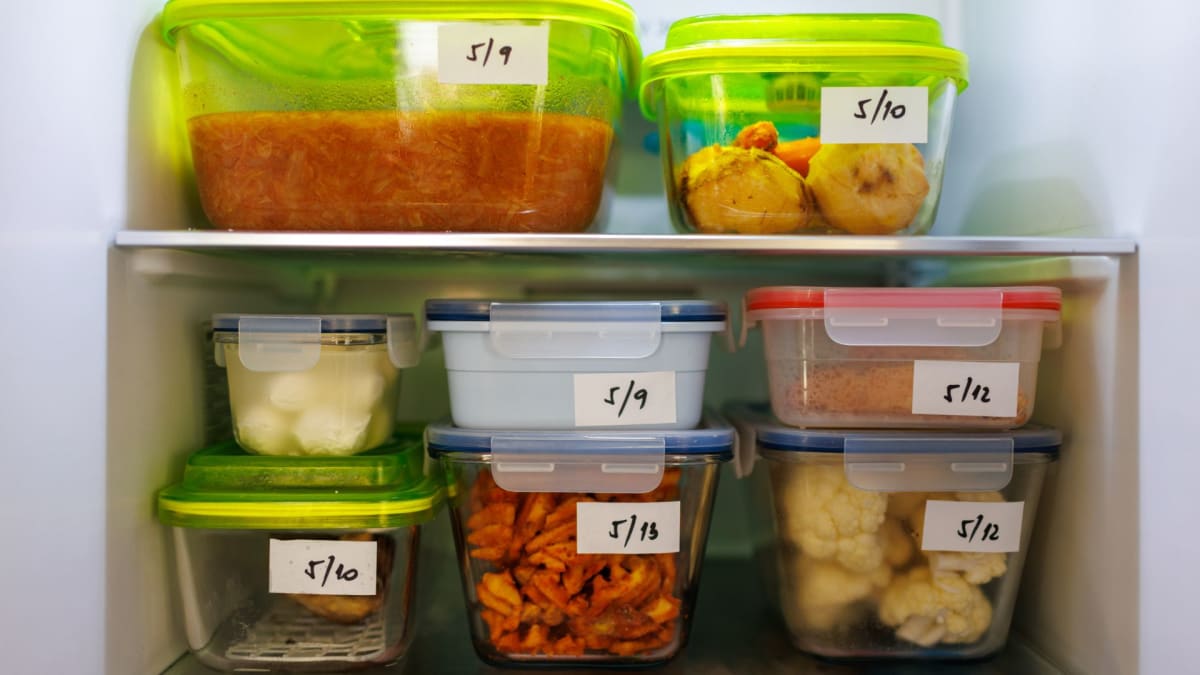Introduction:
In a world where food scarcity and environmental concerns are becoming increasingly pressing issues, reducing food waste has emerged as a crucial challenge. According to the Food and Agriculture Organization (FAO), approximately one-third of all food produced globally is wasted, amounting to a staggering 1.3 billion tons each year. Such waste contributes significantly to greenhouse gas emissions and depletes natural resources. However, individuals have the power to make a difference by adopting mindful practices that reduce food waste and promote sustainable consumption.
In this article, we will explore ten practical and effective tips to help you cut down on food waste and create a more sustainable food system for a better future.
- Plan Your Meals and Create Shopping Lists:
One of the primary reasons for food waste is impulse buying and inadequate meal planning. Take the time to plan your meals for the week ahead and create a comprehensive shopping list based on those meal plans. Having a well-organized shopping list ensures you purchase only what you need and helps you avoid unnecessary purchases, reducing the chances of food going to waste.
- Understand Expiry Dates and Use-By Labels:
Understanding date labels on food products is essential for minimizing food waste. Familiarize yourself with the differences between "best before" and "use-by" labels. "Best before" indicates the period during which the product is at its best quality but is still safe to consume beyond that date, while "use-by" signifies the date until which the product remains safe to eat. By paying attention to these labels, you can make better decisions about what to consume first and prevent food from spoiling unnecessarily.
- Embrace the First-In-First-Out (FIFO) Approach:
When organizing your pantry and refrigerator, practice the first-in-first-out (FIFO) method. Arrange food items based on their expiry dates, placing the older products in front, and newer ones behind. This technique ensures that perishables get used before they expire and reduces the risk of overlooking items that might otherwise go to waste.
- Portion Control:
In our culture of oversized servings, we often prepare or order more food than necessary. Portion control not only promotes healthier eating habits but also helps reduce food waste. Start by serving smaller portions, and if anyone is still hungry, they can always request more. Additionally, when eating out, consider sharing dishes to avoid leaving uneaten food on your plate.
- Get Creative with Leftovers:
Instead of discarding leftovers, turn them into new and exciting meals. Be creative with your culinary skills, and transform surplus food into delicious dishes or packed lunches. Leftover vegetables can be added to soups or stir-fries, while yesterday's roast chicken can be reinvented as a sandwich or salad topping. With a little ingenuity, you can turn almost any leftover into a tasty meal.
- Compost Organic Waste:
Despite our best efforts, some food waste is inevitable. Instead of throwing it all in the trash, consider composting organic waste. Composting not only diverts waste from landfills but also produces nutrient-rich soil that can be used to nourish your garden. Many cities offer composting programs, or you can easily create a compost bin in your backyard.
- Optimize Storage Practices:
Proper storage can significantly extend the shelf life of fruits, vegetables, and other perishables. Keep fruits and vegetables in the designated crisper drawers of your refrigerator, as they are designed to maintain optimal humidity levels. Use airtight containers for leftovers and open packages to prevent spoilage and contamination. Additionally, store foods in clear containers to make it easier to see what needs to be used before it goes bad.
- Donate to Food Banks:
If you find yourself with surplus non-perishable items that you don't foresee using, consider donating them to local food banks or shelters. Food banks can distribute these items to those in need, reducing food waste and helping address food insecurity in your community.
- Preserve and Freeze:
When you have an abundance of seasonal produce or perishables nearing their expiry date, consider preserving or freezing them. Canning, pickling, and freezing are excellent methods to prolong the shelf life of fruits and vegetables. Properly frozen foods can maintain their quality for months, providing you with a variety of options to use them in your cooking.
- Educate and Raise Awareness:
Lastly, share your knowledge and passion for reducing food waste with others. Encourage friends, family, and colleagues to adopt similar practices in their daily lives. Host workshops, events, or educational sessions in your community to promote sustainable food consumption and make a collective impact on reducing food waste.
Conclusion:
Reducing food waste is a responsibility that falls on each one of us. By implementing these ten effective tips, you can take significant strides toward creating a more sustainable food system. Through mindful meal planning, proper storage, and creative utilization of leftovers, we can collectively combat food waste, conserve resources, and contribute to a healthier planet for generations to come. Remember, every small step counts, and together, we can make a substantial difference in reducing food waste and embracing sustainable consumption practices.
Subscribe to our newsletter for your free PDF cookbook of 25 summer sizzling recipes here:
https://lp.constantcontactpages.com/su/O81j0hp










Comments
Post a Comment